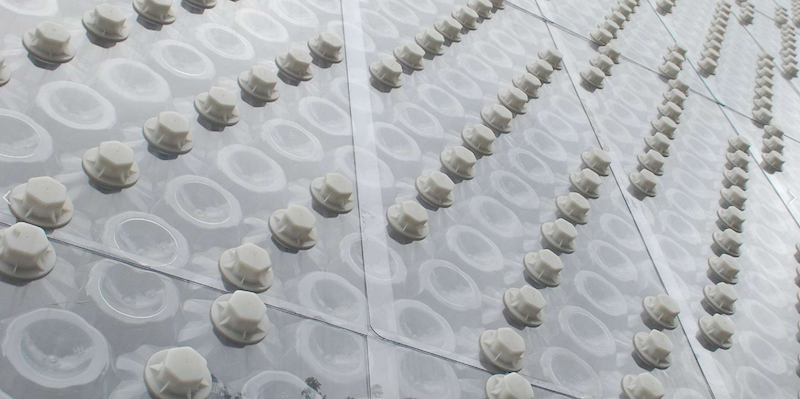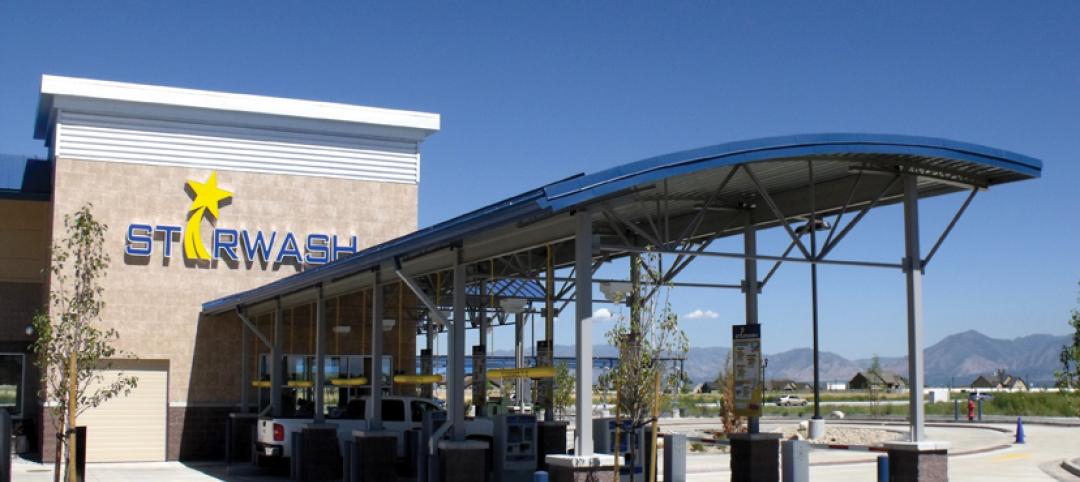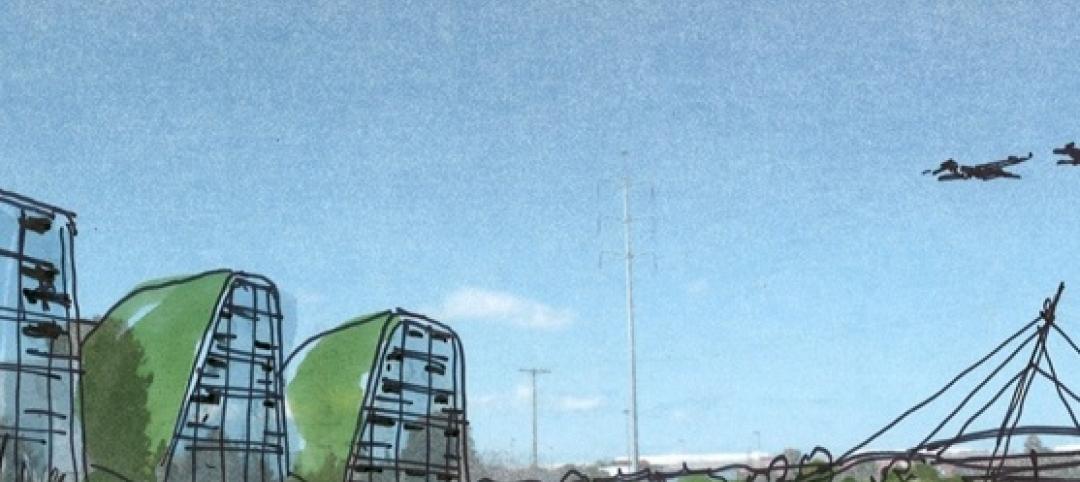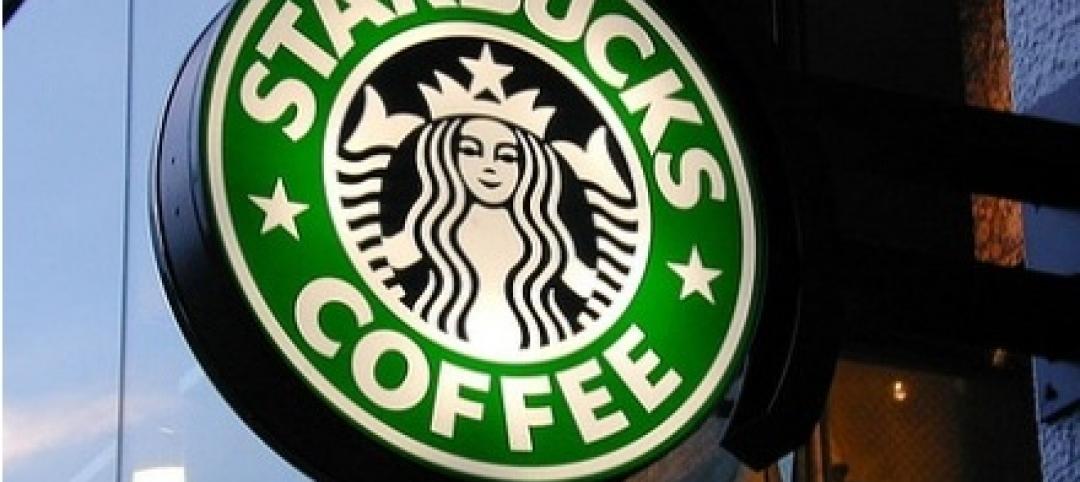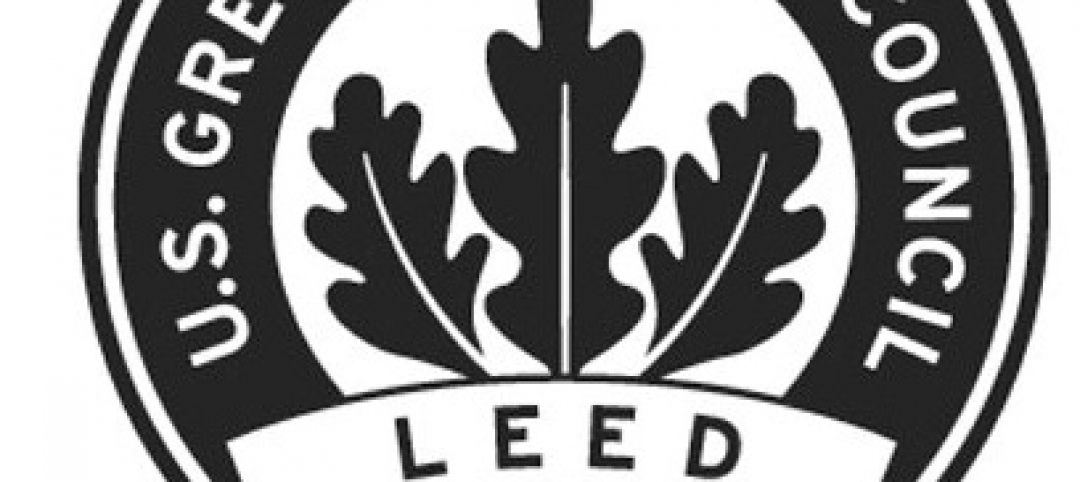Plastic represents a bit of a nodus for the world: as useful as the material is, it can be take a toll on the environment when it isn’t disposed of correctly. Miniwiz, a company founded by architect and structural engineers Arthur Huang and JarvisLiu, is trying to find easier, more practical solutions for recycling and reusing materials like plastic that often times find their way into landfills or the environment.
Take the EcoArk Pavilion in Taipei, for example, which uses 1.5 million recycled plastic bottles throughout its design.
The nine-story structure represents the first fully functional, public building made of Polli-Brick, a building material made from 100% recycled Polyethylene Terephthalate Polymer. It is translucent, naturally insulated, and durable and uses a 3D honeycomb self-interlocking structure that eliminates the need for chemical adhesives. Polli-Brick is extremely lightweight and is just 1/5 the weight of standard curtain wall systems.
The EcoArk Pavilion uses Polli-Brick throughout its public spaces, which cover an area the size of size basketball courts. These public spaces are kept cool thanks to a combination of natural ventilation, an exterior waterfall that bathes the structure in water collected during rainstorms, and Polli-Brick’s high insulation properties. The building also uses embedded solar power to run the LED lighting systems at night. All of these aspects mean the building operates with a zero-carbon footprint.
Despite weighing 50% less than a conventional building, the EcoArk Pavilion is fire-resistant and strong enough to withstand high winds.
Originally constructed in 2010 for the Taipei International Flora Exposition, the structure has since been converted into a public museum.
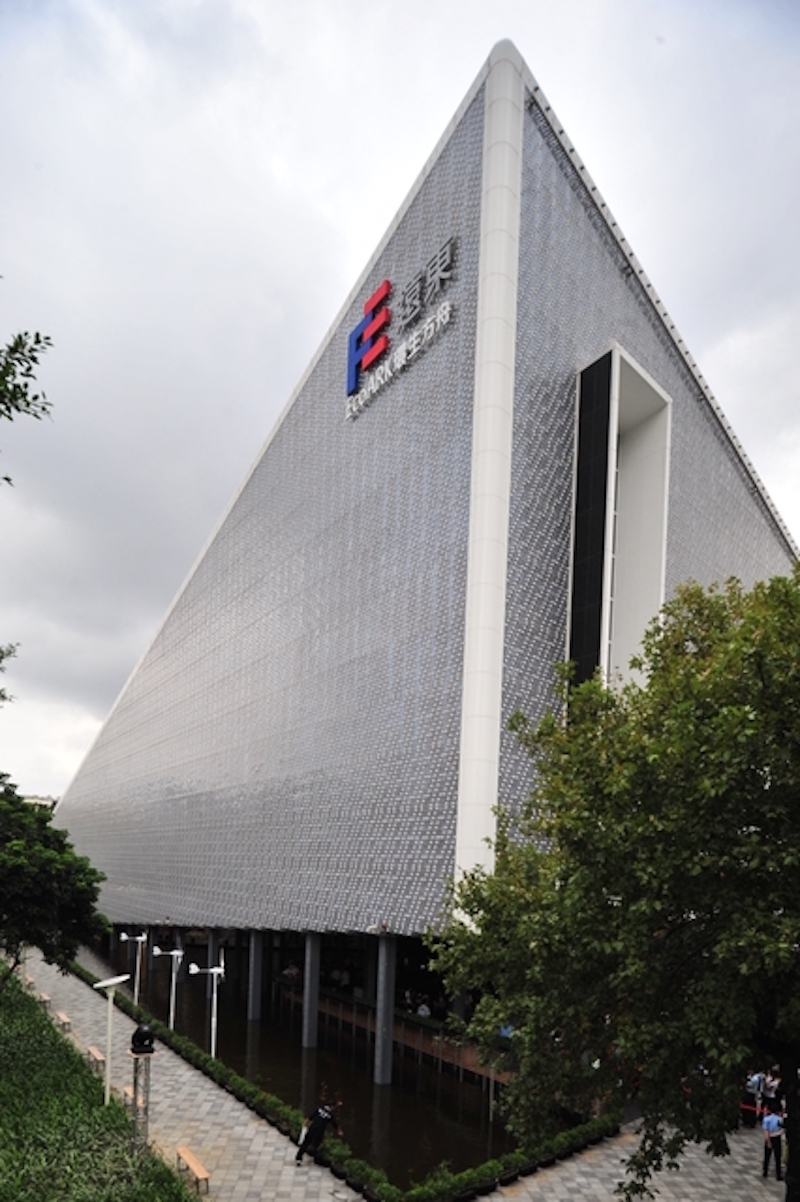 Courtesy Forgemind ArchiMedia, flickr Creative Commons
Courtesy Forgemind ArchiMedia, flickr Creative Commons
Related Stories
| Mar 11, 2011
Texas A&M mixed-use community will focus on green living
HOK, Realty Appreciation, and Texas A&M University are working on the Urban Living Laboratory, a 1.2-million-sf mixed-use project owned by the university. The five-phase, live-work-play project will include offices, retail, multifamily apartments, and two hotels.
| Mar 10, 2011
Steel Joists Clean Up a Car Wash’s Carbon Footprint
Open-web bowstring trusses and steel joists give a Utah car wash architectural interest, reduce its construction costs, and help green a building type with a reputation for being wasteful.
| Mar 9, 2011
Hoping to win over a community, Facebook scraps its fortress architecture
Facebook is moving from its tony Palo Alto, Calif., locale to blue-collar Belle Haven, and the social network want to woo residents with community-oriented design.
| Mar 9, 2011
Fast food franchises are taking the LEED
Starbucks, Arby’s, and McDonald’s are among the top when it comes to fast food franchises implementing sustainability practices. This article takes a look at the green paths these three brands are taking, and how LEED factors into their business and their future.
| Mar 8, 2011
Building, energy performance rating site launched
The Institute for Market Transformation and the Natural Resources Defense Council announced the launch of BuildingRating.org, the world’s first comprehensive resource on energy performance rating and disclosure policies for commercial buildings and homes.
| Mar 8, 2011
BlueCross HQ campus awarded LEED Gold
BlueCross BlueShield of Tennessee announced its certification as a LEED Gold campus, established by the U.S. Green Building Council and verified by the Green Building Certification Institute (GBCI). BlueCross’ headquarters, totaling 950,000 square feet of office space, is the largest LEED Gold corporate campus in Tennessee, and the second largest in the nation.
| Mar 2, 2011
Design professionals grow leery of green promises
Legal claims over sustainability promises vs. performance of certified green buildings are beginning to mount—and so are warnings to A/E/P and environmental consulting firms, according to a ZweigWhite report.
| Mar 2, 2011
Top 10 states for LEED green buildings
According to the U.S. Green Building Council's 2010 list of top 10 states for LEED-certified commercial and institutional green buildings per capita (based on the U.S. 2010 Census information), the District of Columbia leads the nation, with 25 square feet of LEED-certified space per person in 2010. Nevada, being the leading state, has 10.92 square feet per person in 2010.
| Mar 2, 2011
The extraordinary growth of green building—A rebuttal to an article on why green building adoption is slow
In this rebuttal to The Green Building Adoption Rate is Slow, Find Out The Practical Reasons Why, the author argues that in fact the growth rate has been very high and that much of it came during a time of economic unrest and tight capital, which makes it all the more extraordinary.


